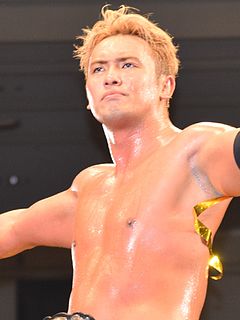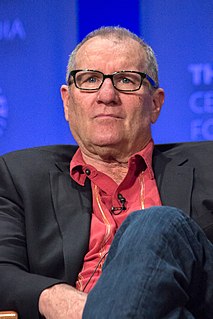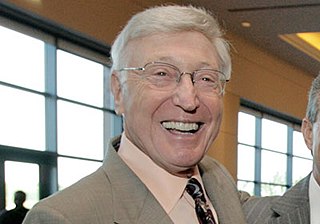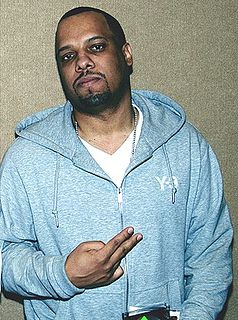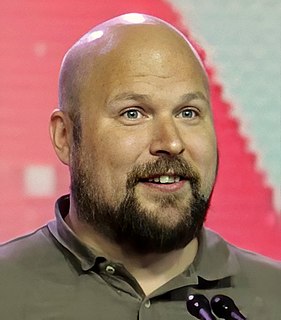A Quote by Kazuchika Okada
I heard of the word 'rainmaker.' It means one particular star who could make a company or project rich and successful. Someone that makes it rain with money. I thought it was a really good concept, so I took over that idea to become the rainmaker.
Related Quotes
Well, you can do whatever you want, but just don’t call it inequality. Put the word poverty there. Because we have many rich people on our board, and when they see the word poverty that makes them feel good, because [it means] they’re really nice people who care about the poor. When they see the word inequality it makes them upset, because [it means] you want to take money from them.
I went to bed and woke in the middle of the night thinking I heard someone cry, thinking I myself was weeping, and I felt my face and it was dry. Then I looked at the window and thought: Why, yes, it's just the rain, the rain, always the rain, and turned over, sadder still, and fumbled about for my dripping sleep and tried to slip it back on.
Trickle-down economics - it didn't work. The whole idea was supply-side economics: give rich people a lot of money; they'll spend it, it'll go into the economy. Here's what we found out - rich people, really good at keeping all the money. That's how they got rich. If you want it in the economy, give it to the poor people. You know what they're really good at? Spending all their money.
Sir, money, money, the most charming of all things; money, which will say more in one moment than the most elegant lover can in years. Perhaps you will say a man is not young; I answer he is rich. He is not genteel, handsome, witty, brave, good-humored, but he is rich, rich, rich, rich, rich -that one word contradicts everything you can say against him.
